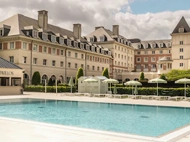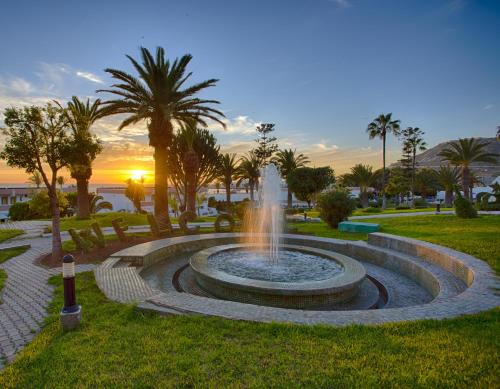South of the Med lies the second biggest continent, and possibly the most diverse. The most northern part of Africa was once part of the Roman Empire, with El Djem Amphitheatre in Tunisia probably being Africa’s most famous remaining Roman structure. At the opposite end a South Africa holiday will give you the opportunity to see animals that you may have seen in zoos, but in their natural environment. Don’t forget your binoculars!
If it’s year-round warmth and sunny beaches you’re after, head for Egypt’s Red Sea, where there’s also opportunities for water sports enthusiasts. Sitting out in the Atlantic Cape Verde provides a tranquil island retreat, complete with sand dunes and sea turtles. While the Indian Ocean island of Mauritius boasts lush rainforests, hiking trails and stunning coral reefs.
With Africa extending from the northern to the southern hemispheres, there’s always somewhere warm and sunny whatever month it is. So if you’re celebrating a special birthday, anniversary or honeymoon you can choose a country to suit the month you want to travel, rather than finding your special date falls during the rainy season.
Things to do
If you like the hustle and bustle of a city, try navigating the medina in Marrakech or Sousse and haggling for a bargain in the souks. Morocco’s capital has the added benefit of stunning gardens and palaces to explore. Afterwards, head to Jemaa El Fna square and let your nose guide you to the street food trader who will best satisfy your appetite.
The wild Atlantic Coast is a surfer's dream, while the Sahara Desert provides opportunities to go camel trekking or to hop in a buggy for the ride of a lifetime over the sand dunes. South Africa has a renowned wine industry, so you may choose to explore the vineyards and taste the local vino. Or, if you prefer exploring natural wildlife, don’t miss the Bao Bolong Wetland Reserve along the River Gambia, home to 540 species of birds.
Places to stay
Coastal resorts in North Africa offer the All Inclusive experience that you may have experienced in Spain or Greece. Most dish up some local favourites but also serve some home comforts for those not keen on trying exotic cuisine. Cities, such as Cape Town, offer everything from fairly basic city break hotels, to extravagant 5 stars like Taj Cape Town, located in a building that was once the headquarters of the South African Reserve Bank.
If you’re heading to Morocco you may choose to stay in a riad, such as Riad Africa in Marrakech. These traditional style homes generally have multiple storeys and are built around an internal courtyard, sometimes with a garden. The owners may even give you the chance to try the local cuisine from the comfort of your own riad.

































